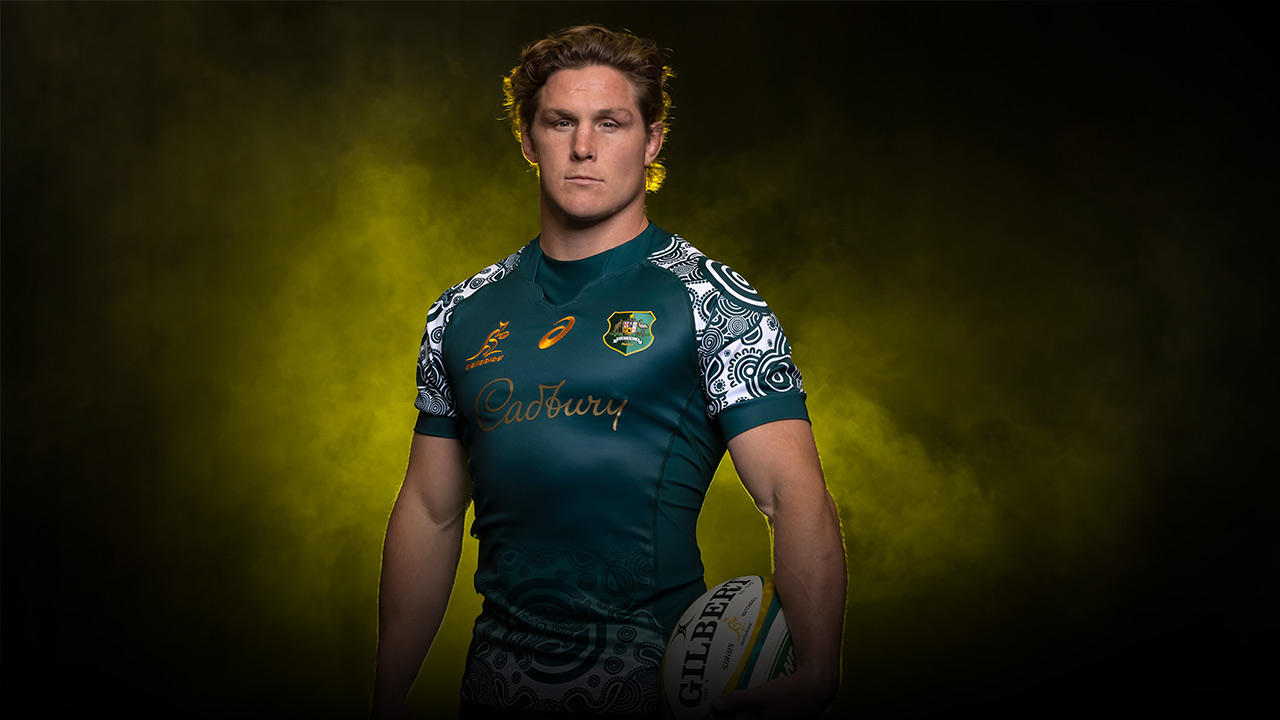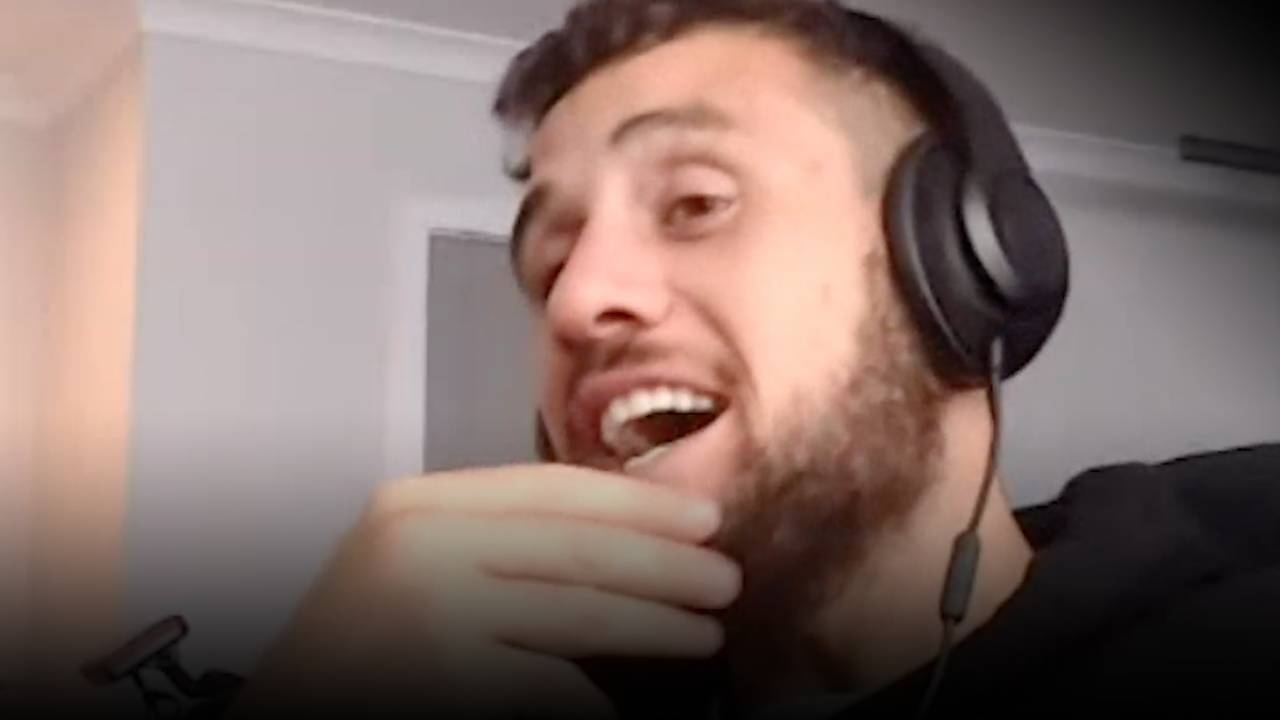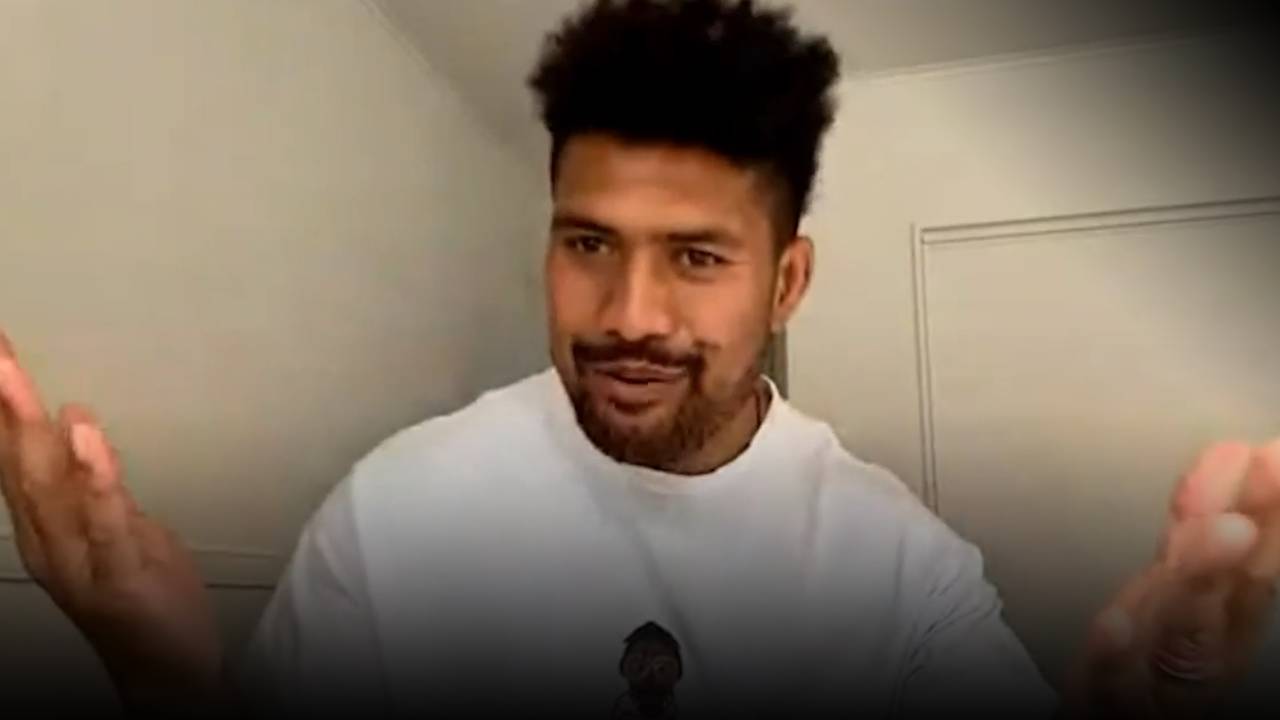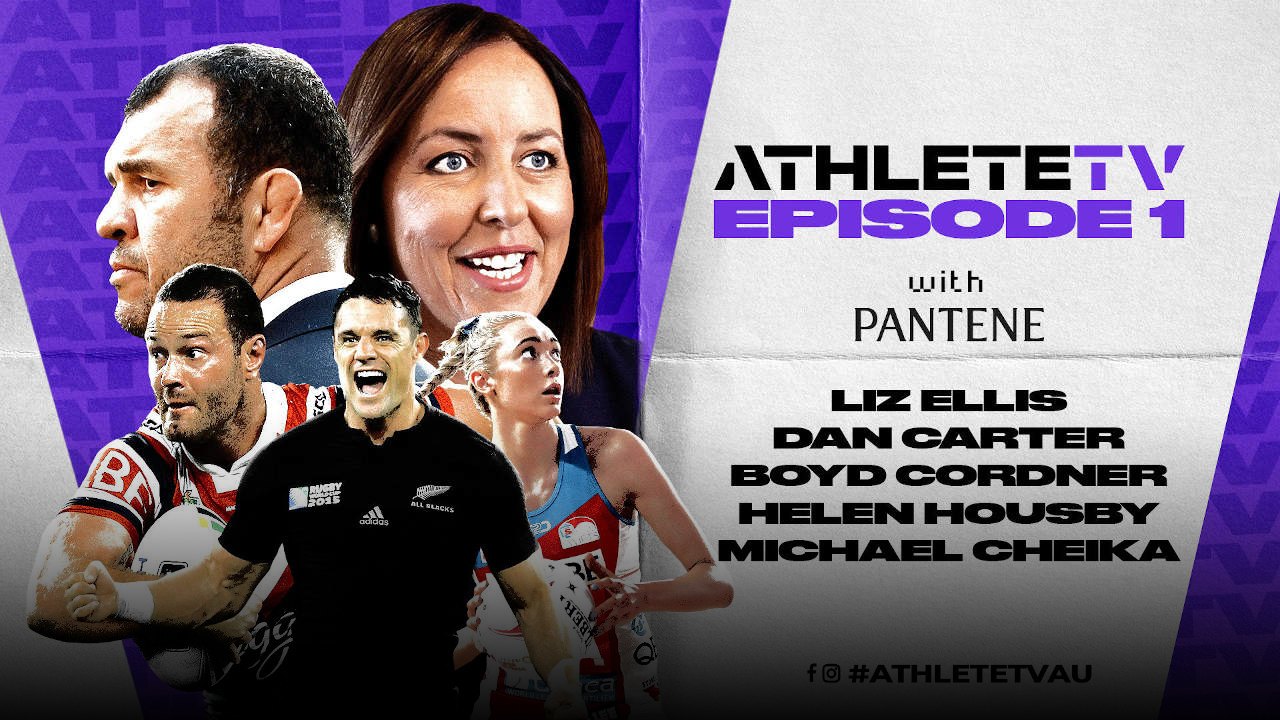THEY MADE THEMSELVES AT HOME
I was always a practical joker. I’m the only one in my family born in Australia. My brothers and sisters were all born in Ireland, and I reckon my personality has plenty to do with that heritage.
I had a reputation for not taking things too seriously all the time. I was always looking for opportunities to lighten the mood or take the mickey out of Rod or John Eales or anyone in the team if I could.
It’s a big Irish family – mum’s got 14 siblings and dad has 13. When I was involved in a Test in Australia I might have to get 15 tickets but, for games in the World Cup, I was getting 50 for all my relatives, friends and family.
They’d come and pick up the tickets at the team hotel and make themselves right at home.
I think the rest of the boys probably got annoyed with me because my huge family would file through and say, ‘Oh John Eales is my favourite player, could I get a photo with him?’ I’d be, ‘Really Uncle G? Really…?’
Another family member would come in and say, ‘George is over there, do you reckon he’d mind?’ And I know George would rather not get a photo, but all the boys were happy to accommodate each other.

MY PART IN LARKHAM’S FIELD GOAL
There’s one telling stat that sums up that Wallabies World Cup team. We lifted the trophy having conceded just one try in the entire tournament, and that came, not in the final or semi-final against South Africa, but in a routine pool win against the United States.
If anyone talks about that semi-final it’s always about the same thing – Stephen Larkham’s field goal. His one and only.
But if Owen Finegan’s not giving away the last penalty just before fulltime, we’re not going to extra time. To win a tournament you have things go against you and you have to bounce back and show resilience when those things are happening.
It was great we won that game, but the greatest thing is Gordon Bray’s commentary when I gave away the late penalty – because he blames Michael Foley.
I had tried to steal the ball out of the ruck but got penalised for having my hand in there. I thought it was 50-50 and if I could steal the ball it would win the game, but it was 45 metres out and Jannie de Beer hadn’t missed all day and just slotted it to push us into extra time.
Now I tell people that it was part of my plan. That when we had the break at fulltime, I told Stephen Larkham, ‘Take a shot at field goal and they’ll make a memorabilia piece about it and we’ll be able to go halves’.
If I didn’t give away the penalty, he would’ve never kicked the field goal. Those sorts of moments go down in history. A game like that is what you dream of in a Rugby World Cup, going toe-to-toe to the end.
They’re the games you don’t forget and they’re the games you want.

RUNNING AROUND LIKE CRAZY
We were back at our hotel the next day to watch New Zealand beat France to play us in the final. Except it never happened. The French looked out of it in the first half, then came out and scored three or four tries and turned the game on its head.
As the game finished up on the TV, grown men were jumping up and down and running around the pool table like crazy.
The French always turn up for World Cups but New Zealand would’ve been a lot tougher game for us, just because of the continued rivalry. Our boys were excited about France being a great opportunity for us.
And that’s how it worked out.
To win a World Cup I think you need to have shared experiences of good times and bad times. You’ve got to have a group that wants to spend time with each other. If there’s conflict, it doesn’t work.
You look at the British teams and they’re bringing together players from 12 or more clubs. We were from three, the Brumbies, Reds and Waratahs.
There was a close connection. Rod Macqueen did a great job of that. The Wallabies now don’t do what we did then. They’re back to living in hotels.
It was the camaraderie and banter that we shared that brought cohesion and a desire for success.
THERE ARE A LOT OF POSITIVES
I still go to a lot of Tests and will go to the latter stages of this World Cup.
When I finished playing, I coached the Brumbies for a few seasons. I moved to Sydney to work for the Kids Cancer Project and I coached at Randwick junior academy, was on the board of the Sydney junior rugby union, NSW Rugby club foundations working in grassroots, had a stint writing about the game. I’m passionate about it and love being involved in it.
Australian rugby has undergone a difficult 18 months. There has been a lot of negativity but also a lot of positive things happening at grassroots and club level across Australia. I love sharing the stories of rugby and helping build the passion.
The professional game might be different to how it was when I started playing but amateur club rugby is still very tribal.
I tell my kids that rugby is a game for all shapes and sizes and is a passport to the world. You take your boots and you can walk into any rugby club and ask for a game and they’ll find a spot for you and automatically you’ve got 30-40 mates.

MY CAREER CHOICE SURPRISES SOME
My 1999 Wallabies teammate David Giffin and I had kids around the same time.
When they were two, David’s boy Joe was diagnosed with neuroblastoma. I watched him and his family go through that treatment process. And, thankfully, overcome it. The kids are 17 now.
I’m grateful for having played for the Wallabies, having scored a try in a World Cup final, but also because it’s given me a wonderful opportunity to use my rugby profile for a great cause as CEO of the Kids Cancer Project.
We currently fund about 30 research projects across 20 different institutions in Australia, supporting bold scientists to come up with better treatments and survival strategies for kids with childhood cancer.
In Australia alone, there are 950 kids a year who are diagnosed with childhood cancer and we are working towards better outcomes.
Working for a childhood cancer research charity is not the usual pathway for a big boofy backrower who had a reputation for being a bit of a mongrel on the rugby field. That career choice does surprise some people when they find out.
But it’s something I’m really passionate about. It makes me excited to go to work everyday, striving to have a positive impact on survival rates.
More about: All Blacks | Bledisloe Cup | Brumbies | Queensland Reds | Rugby World Cup | Springboks | Super Rugby | Wallabies | Waratahs




 Load More
Load More